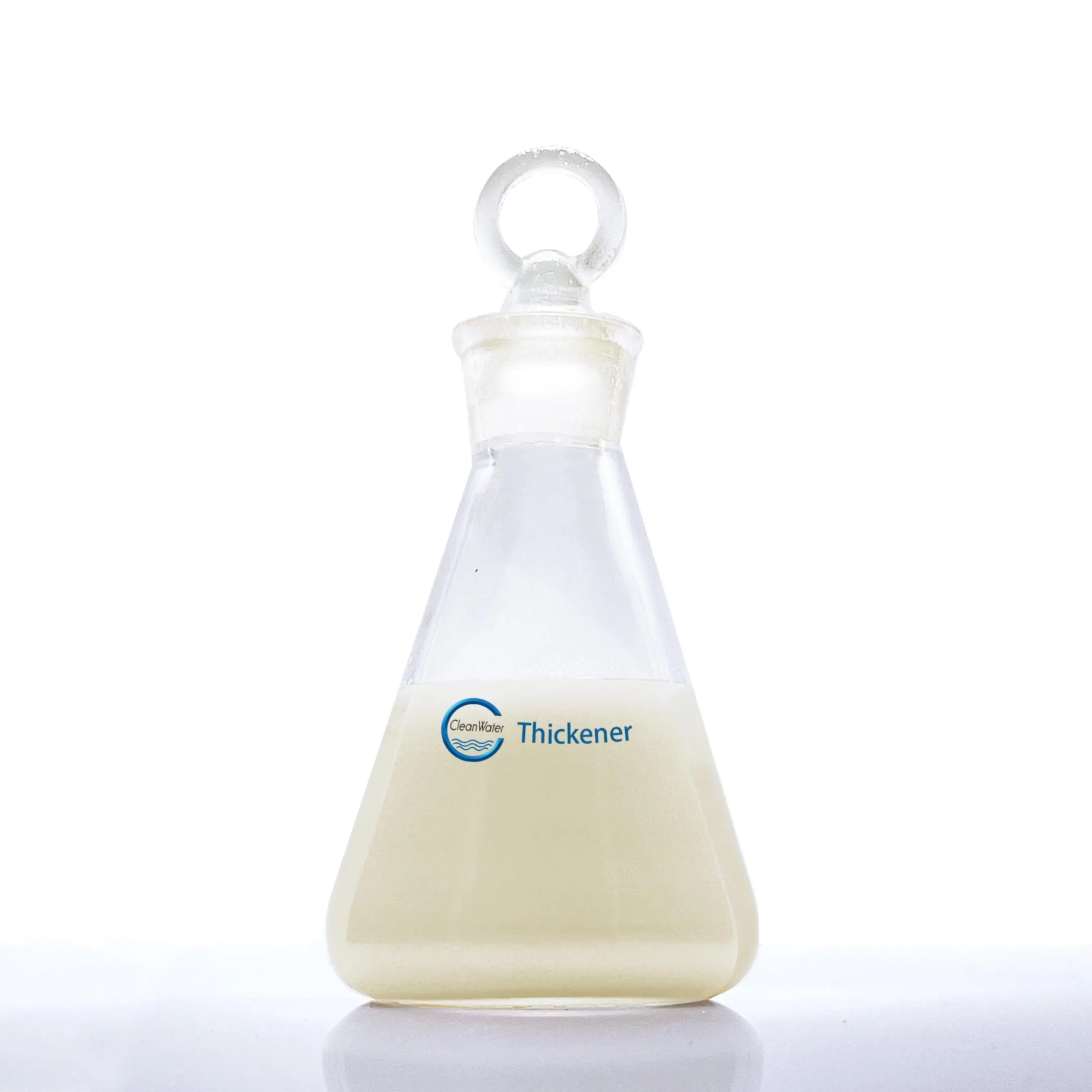Thickeners are widely used, and the current application research has been deeply involved in printing and dyeing textile, water-based coatings, medicine, food processing and daily necessities.
1. Printing and dyeing textile
Textile and coating printing to obtain good printing effect and quality, to a large extent depends on the performance of printing paste, in which the performance of thickener plays a crucial role. The addition of thickening agent can make the printing product give high color, the printing outline is clear, the color is bright and full, improve the product permeability and thixotropy, and create greater profit space for printing and dyeing enterprises. The thickening agent of printing paste used to be natural starch or sodium alginate. Due to the difficulty of paste of natural starch and the high price of sodium alginate, it is gradually replaced by acrylic printing and dyeing thickening agent.
2. Water-based paint
The main function of paint is to decorate and protect the coated object. Appropriate addition of thickener can effectively change the fluid characteristics of the coating system, so that it has thixotropy, so as to give the coating good storage stability and application properties. A good thickener should meet the following requirements: improve the viscosity of the coating during storage, inhibit the separation of the coating, reduce the viscosity during high-speed painting, improve the viscosity of the coating film after painting, prevent the occurrence of flow hanging phenomenon, and so on. Traditional thickeners often use water-soluble polymers, such as hydroxyethyl cellulose (HEC), a polymer in cellulose derivatives. SEM data show that the polymer thickener can also control the retention of water during the coating process of paper products, and the presence of thickener can make the surface of the coated paper smooth and uniform. In particular, the swelling emulsion (HASE) thickener has excellent spattering resistance and can be used in combination with other types of thickener to greatly reduce the surface roughness of the coating paper.
3: Food
So far, there are more than 40 kinds of food thickening agents used in the food industry in the world, which are mainly used to improve and stabilize the physical properties or forms of food, increase the viscosity of food, give food slimy taste, and play a role in thickening, stabilizing, homogenizing, emulsifying gel, masking, correcting taste, enhancing flavor, and sweetening. There are many kinds of thickeners, which are divided into natural and chemical synthesis. Natural thickeners are mainly obtained from plants and animals, and chemical synthesis thickeners include CMC-Na, propylene glycol alginate and so on.
4. Daily chemical industry
At present, there are more than 200 thickeners used in the daily chemical industry, mainly inorganic salts, surfactants, water-soluble polymers and fatty alcohols and fatty acids. In terms of daily necessities, it is used for dishwashing liquid, which can make the product transparent, stable, rich in foam, delicate in the hand, easy to rinse, and is often used in cosmetics, toothpaste, etc.
5. Other
Thickener is also the main additive in water-based fracturing fluid, which is related to the performance of fracturing fluid and the success or failure of fracturing. In addition, thickeners are also widely used in medicine, paper making, ceramics, leather processing, electroplating and other aspects.
Post time: Sep-19-2023


